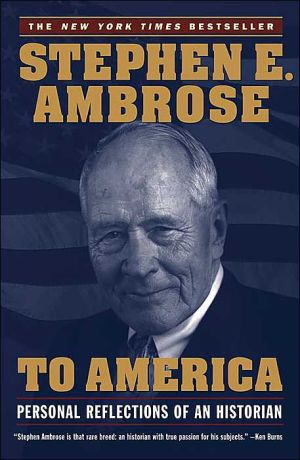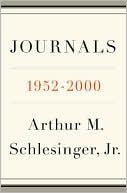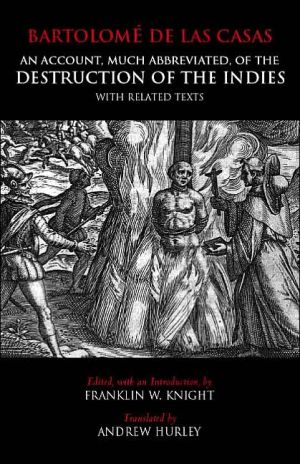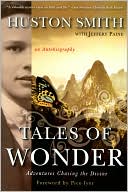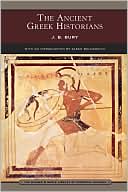Search in google:
Reflecting on his career, Stephen E. Ambrose -- one of the country's most influential historians -- confronts America's failures and struggles as he explores both its moral and pragmatic triumphs. To America celebrates the men and women who invented the United States and made it exceptional.Taking a few swings at today's political correctness, Ambrose grapples with the country's historic sins of racism, its neglect and ill treatment of Native Americans, and its tragic errors. He reflects on some of the early founders -- great men such as Washington and Jefferson -- who, while progressive thinkers, lived a contradiction as slaveholders. He contemplates the genius of Andrew Jackson's defeat of a vastly superior British force with a ragtag army in the War of 1812. He describes the grueling journey that Lewis and Clark made to open up the country, and the building of the railroad that produced great riches for a few barons.Ambrose explains the misunderstood presidency... Book Magazine Ambrose died in October, just as his last book, an informal, almost chatty quasi-memoir, was going to press. In it, the author of D-Day and Band of Brothers talks about what he wrote, why he wrote it and how he changed along the way. He writes candidly about his evolution from an antiwar academic leftist into something like (but not quite) a conservative, and his simultaneous transformation from a relatively obscure Eisenhower biographer into a titan of the bestseller lists. Along the way he lets fly with some startling bursts of political incorrectness: "It is easy today to sit back and criticize the United States for its treatment of the Indians, or the individual settlers and frontiersmen for what they did to the Native Americans, but for them the choices were to go back to where they came from or to go forward and seize what they wanted or needed." Alas, Ambrose says nothing about the charges of plagiarism that darkened his final months, or the widespread feeling among colleagues that his work became less serious as it grew more popular. Instead, the flag-waving historian tells a story that sums him up well: "In 1996 I taught a course on World War II at the University of Wisconsin ... [and] a young woman student came up to me to say, 'You are the first professor I've had in four years in Madison to teach me the meaning and value of patriotism.' I like to think that Ike would have nodded his approval." Very likely.
Preface: Storytelling1The Founding Fathers12The Battle of New Orleans153The Indian Country274The Transcontinental Railroad435Grant and Reconstruction586Theodore Roosevelt and the Beginning of the American Century757Democracy, Eisenhower, and the War in Europe938The War in the Pacific1019The Legacy of World War II11610Vietnam12611Writing in and About America14812War Stories: Crazy Horse and Custer and Pegasus Bridge16513Writing About Nixon17314Writing About Men in Action, 1992-200118715The National D-Day Museum20116American Racism21217Women's Rights and Immigration22018The United States and Nation Building23419Nothing Like It in the World244Acknowledgments251Index253


